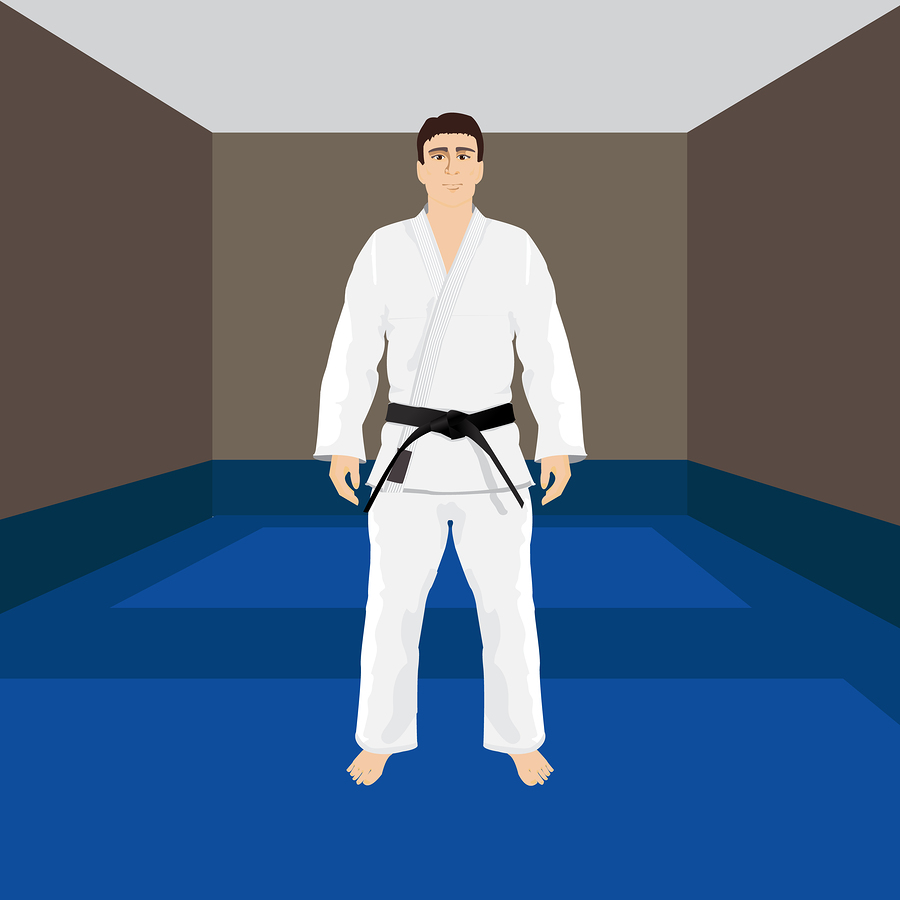
Some foreign athletes who excel in Brazilian Jiu-jitsu and mixed martial arts (“MMA”) may, depending on the strength of their accomplishments, potentially qualify for status here in the US. The O and P visas are temporary visas that authorize a practitioner to stay in the United States beyond what would be permitted on a typical tourist visa and more importantly, allow the person to work for a sponsor, which in this context, is usually a martial arts school or team. Depending on the person’s credentials and sponsor, permanent residence may also be a viable path to pursue. Employment-based petitions generally fall into three major categories or “preferences.” The category that is arguably the hardest to qualify under is the EB-1, or employment-based first preference, which is reserved for athletes of extraordinary ability. Individuals who are able to demonstrate extraordinary ability in their field of expertise, (whether it be Brazilian Jiu-jitsu, Judo, MMA, etc.) through sustained national or international acclaim, may merit classification under this ground.
Benefits
There are two main benefits of submitting a petition under this ground:
- Time: EB-1 cases are usually “current.” This means that if the petition is approved, the individual can immediately proceed with the application for permanent residence, whether through an adjustment of status (where the person is already lawfully here in the US) or through a consular process (where the person would apply for an immigrant visa through the US Consulate abroad).
- Job offer: no offer of employment is required. An individual can do a self-petition without being sponsored by a school, team, or organization. Other employment-based petitions normally require a sponsor who petitions for the individual. This can sometimes be problematic if there is a falling out between the parties since the petitioner controls the petition.
Criteria
Unfortunately, not everyone will qualify for EB-1 status. In fact, very few will, as the standard is exceedingly high.
You must meet 3 out of the 10 criteria below or provide evidence of a one-time achievement (example: Olympic Medal):
- Receipt of lesser nationally or internationally recognized prizes or awards for excellence;
- Membership in associations in the field which demand outstanding achievement of their members;
- Published material about the alien in professional or major trade publications or other major media;
- Evidence that the alien has judged the work of others, either individually or on a panel;
- Evidence of the alien’s original scientific, scholarly, artistic, athletic, or business-related contributions of major significance to the field;
- Evidence of the alien’s authorship of scholarly articles in professional or major trade publications or other major media;
- Evidence that the alien’s work has been displayed at artistic exhibitions or showcases;
- Performance of a leading or critical role in distinguished organizations;
- Evidence that the alien commands a high salary or other significantly high remuneration in relation to others in the field;
- Evidence of commercial success.
The petition must be supported by extensive documentation and presented in a way that is lucid and compelling. Cases involving martial arts can be particularly challenging given that some adjudicators may not be familiar with the sport or art and hence, not recognize the prestige and momentous nature of an accolade or competition. Our firm has handled numerous petitions with great success for athletes and practitioners involved with Brazilian Jiujitsu and MMA. The firm’s founder, Paris Lee, holds a Black Belt in Brazilian Jiu-Jitsu under Renzo and Rolles Gracie, a rank that signifies not only technical mastery but a deep understanding of the art that very few legal practitioners have. For a free, in-depth consultation, contact our firm.
